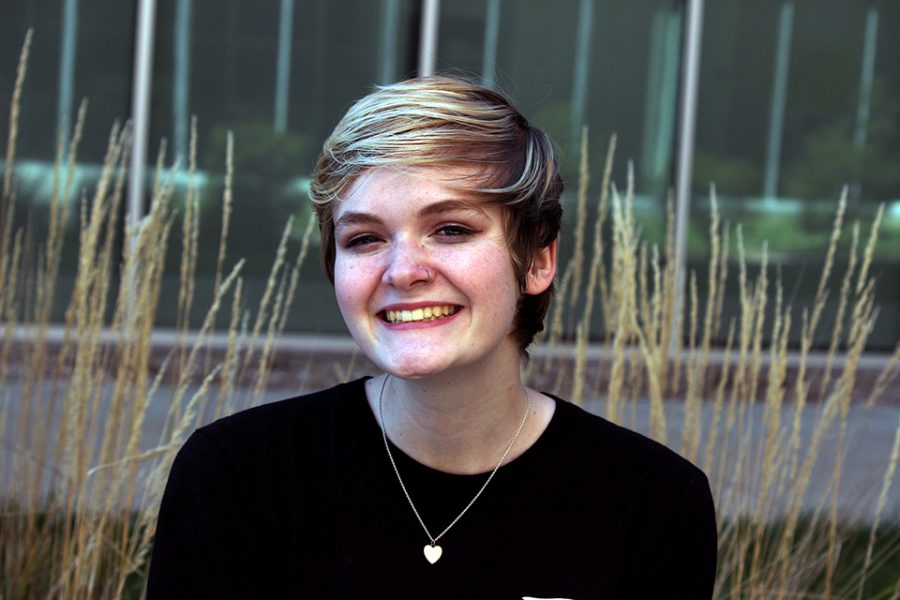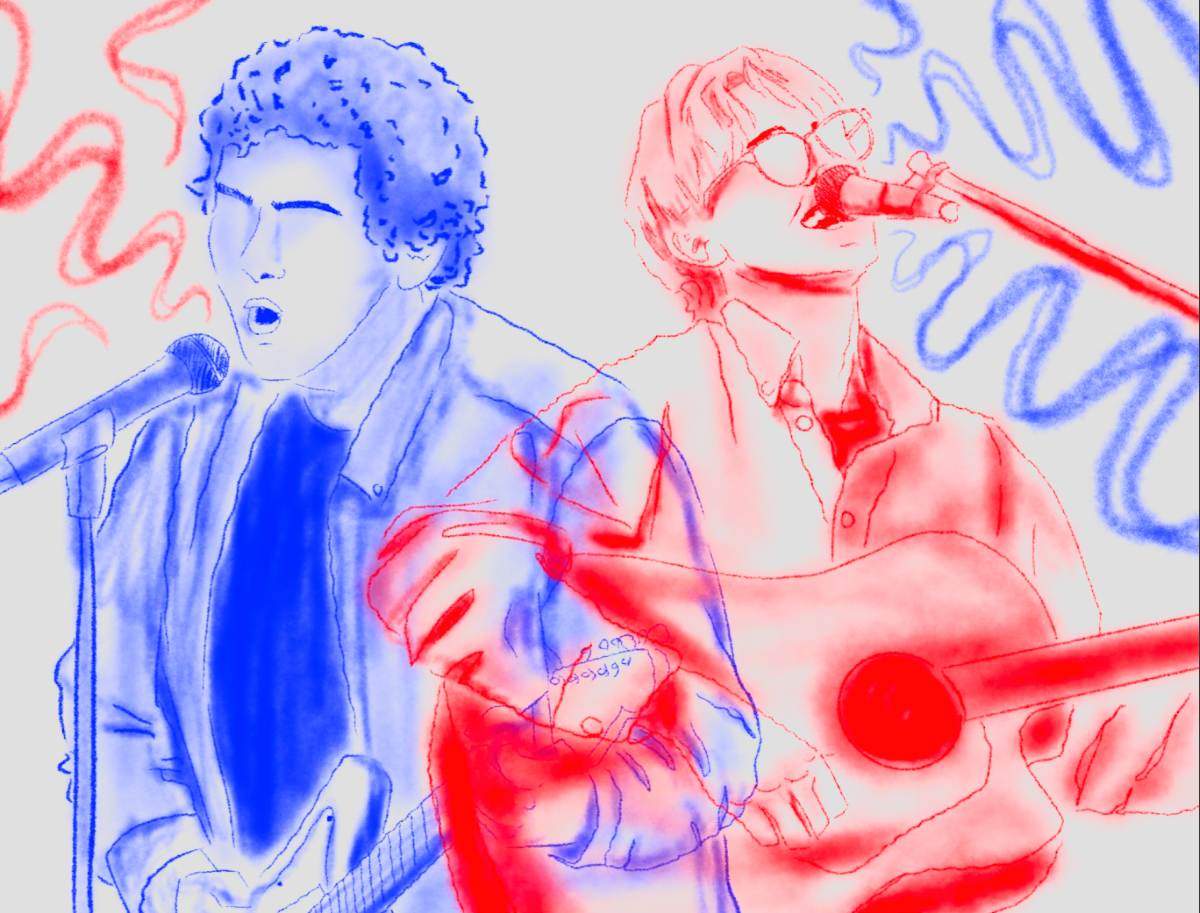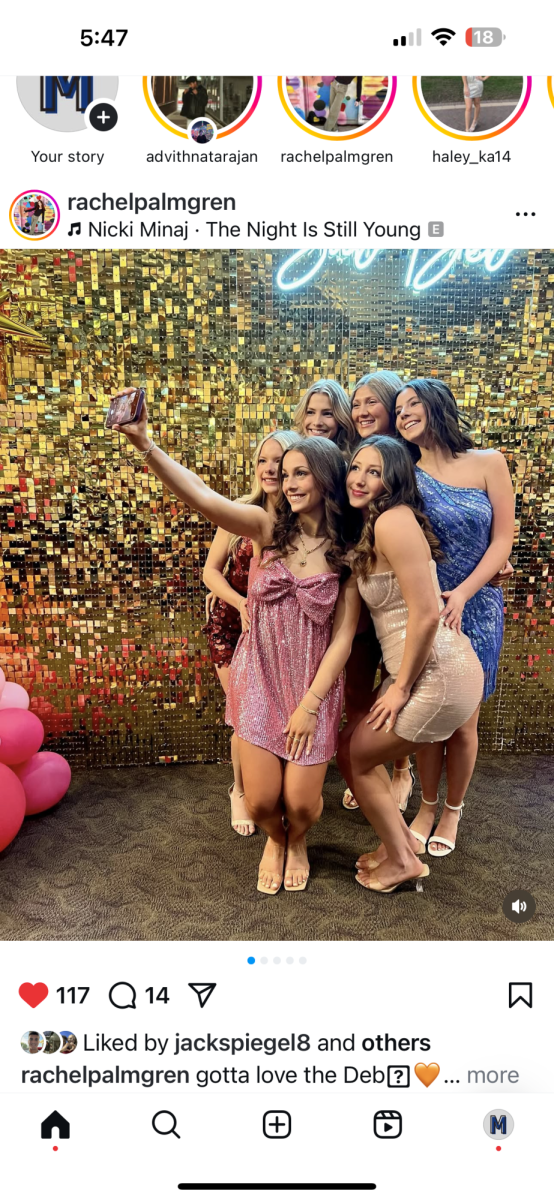Poetry Slam screening absurd, hypocritical
February 28, 2017
As you read this, the second annual Black Student Union poetry slam is happening and poets have taken to the Little Theater stage to bare it all in the name of poetry. Or at the most, bare what our administration views as appropriate. Be creative; be yourself.
But don’t talk about anything taboo, don’t talk about sex, don’t talk about sexuality and especially don’t swear.
After all, slam poetry is supposed to be an easy little pill for the viewers to swallow, right?
Wrong.
Slam poetry is raw. It is passionate and it is not a place for censorship. As a journalist, I know censorship when I see it and the requirement of all poetry slam entries to be “appropriate” is a clear form of creative censorship. If you want your students to feel safe and feel like they belong, you cannot silence them in an area where the basis is to be authentically yourself.
The reason our administration decided to have this new rule added to the poetry slam was simple; last year’s poetry slam was absolutely embarrassing for them. How dare students use a creative outlet to talk about the real issues affecting them? How dare high school students — who are “almost adults,” as teachers love to remind us — use curse words in poetry? Board members and children alike were subjected to crude language and themes that absolutely should not be talked about in a school setting.
Except they are. These are issues that students are talking about, and often. It is absurd and hypocritical to silence students while simultaneously telling them to be themselves. Poetry is supposed to be a way to release their emotions and to be authentic.
The fact that our administration is forcing students to censor themselves or be censored is shameful and teaches students that their problems or topics that are important to them are taboo and should not be talked about.
If you want students to trust you, you have to trust them to know what they are talking about.
Administrators, please take a step back and take a look at what you are doing from a student’s point of view.




